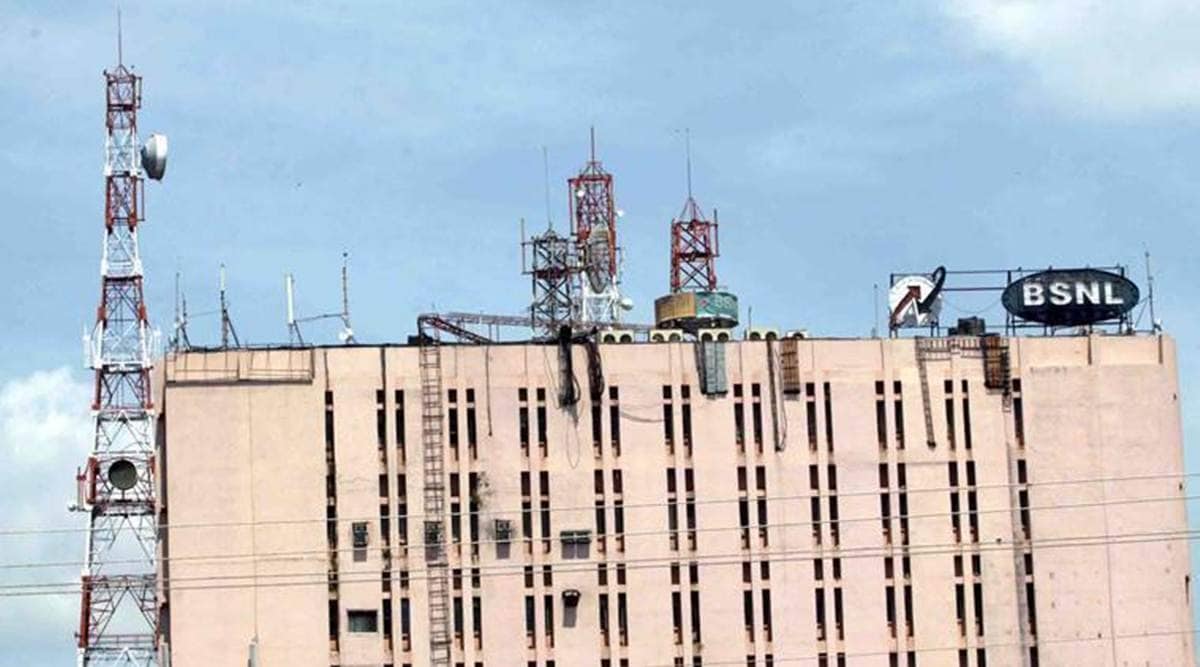The merger of Bharat Broadband Network Limited (BBNL) and Bharat Sanchar Nigam Limited (BSNL) are going to be completed this month.
The decision to merge BBNL and BSNL had already been taken by the govt and this process was scheduled to be completed before 31st March.
The government has plans to infuse funds of around Rs 1.6 trillion, of which Rs 36,260 crore would be cash support for BSNL over a period of the subsequent three years.

BSNL/MTNL had a combined debt of Rs 59,588 crore. As far as the organization is concerned the organizations’ Adjusted Gross Revenue (AGR) dues (spectrum usage charges and licencing fee) are currently Rs 43,148 crore. For both BSNL and MTNL, the govt is thinking of converting AGR dues into equity.
If BBNL and BSNL merge, it will lead to the latter’s 860,000 km of optic fibre, combined with BBNL’s 560,000 km, which can create a 1.42-million-kilometre integrated fibre network.
When combined with BSNL’s enormous market presence across the country, this will provide rural areas with last-mile connectivity. The government thinks that when the merger is completed, the new entity are able to focus more effectively and cohesively on pan-India 4G wireless services, fixed-line fibre internet services, and enterprise services.
 BBNL may be a special purpose vehicle (SPV) that falls under the ambit of the Ministry of Communications and in 2012 it absolutely was incorporated as a public sector unit. The task of implementing the BharatNet project, which was till then called the National fibre Network (NOFN), was handed over to the present organization.
BBNL may be a special purpose vehicle (SPV) that falls under the ambit of the Ministry of Communications and in 2012 it absolutely was incorporated as a public sector unit. The task of implementing the BharatNet project, which was till then called the National fibre Network (NOFN), was handed over to the present organization.
The SPV is funded by the Universal Service Obligation Fund (USOF), which is financed by a Universal Access Levy (UAL) that every telecom licensee must pay. On April 1, 2002, this came into effect and required all telecom service providers to pay the USOF a little of their revenue.
Telecom service providers are required to pay an 8% licensing fee on their income from the selling of telecom services, with 5% visiting the USOF, consistent with telecom licence agreements. With the merger of BBNL and BSNL, this fund which now stands at near Rs 60,000 crore is probably going to be transferred to BSNL, which can help the organization during its ongoing financial difficulties.

